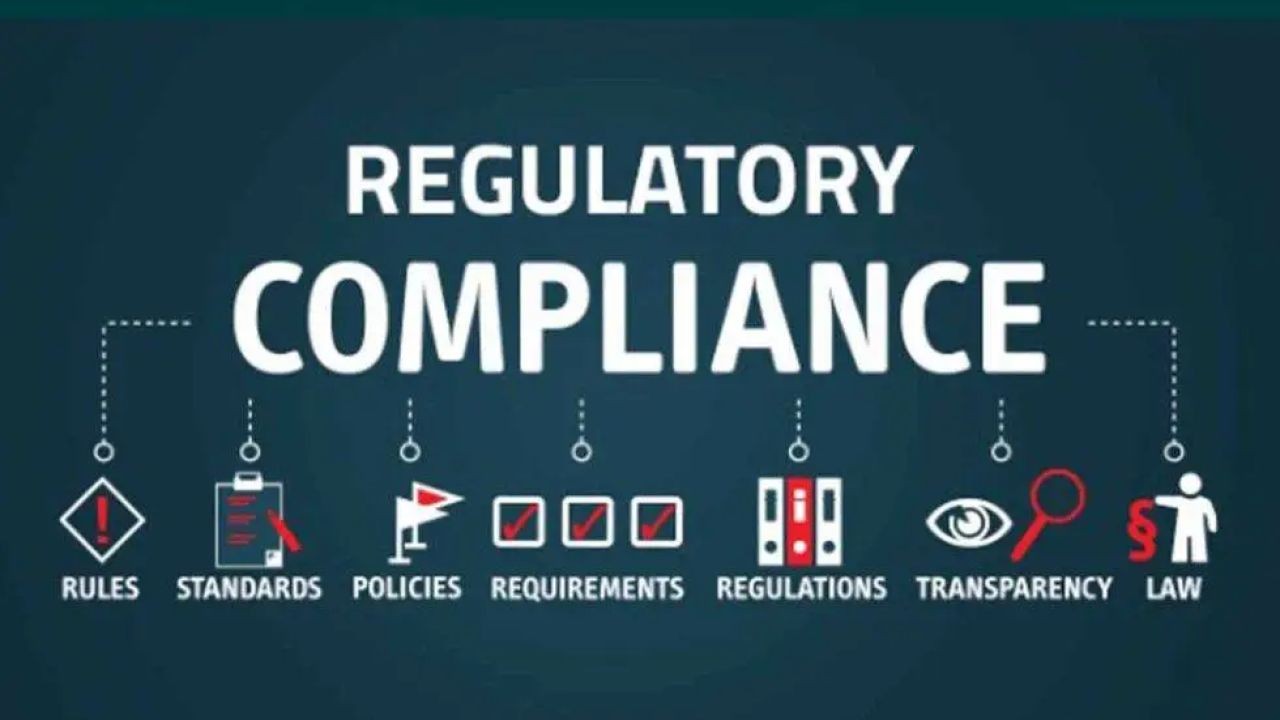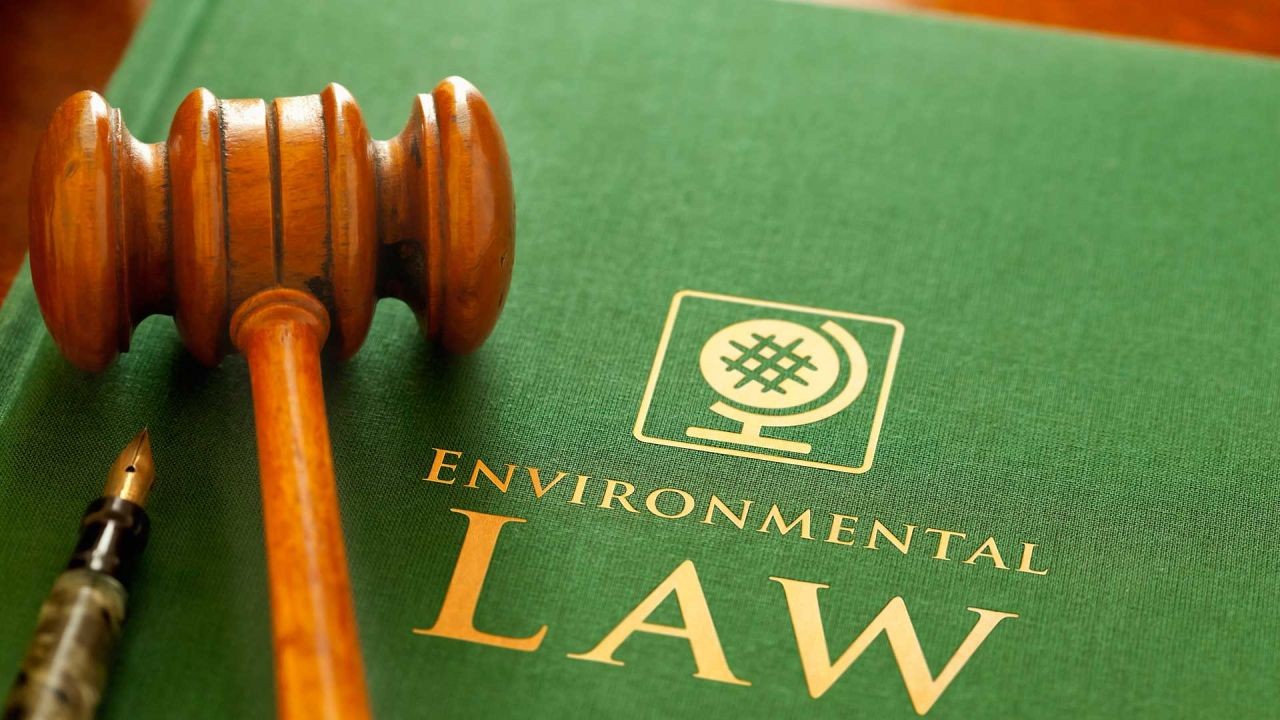Climate change is no longer a distant threat; it’s a pressing reality that is reshaping industries worldwide. For New Zealand, a nation renowned for its natural beauty and unique ecosystems, the impact of climate change is particularly profound. As the effects become more pronounced, the real estate market is undergoing significant transformations. This article explores how climate change is influencing New Zealand's real estate landscape, offering insights and strategies for property investors navigating this evolving market.
Understanding the Impact of Climate Change on New Zealand’s Real Estate
New Zealand’s geographic diversity, from its coastal cities to its sprawling rural landscapes, makes its real estate market uniquely susceptible to climate-related changes. According to a report by the Ministry for the Environment, sea levels in New Zealand are expected to rise by 0.5 to 1.1 meters by 2100, posing a significant risk to coastal properties. Additionally, increased frequency of extreme weather events, such as storms and flooding, is impacting property values and insurance costs.
Case Study: The Effects of Rising Sea Levels in Auckland
In Auckland, rising sea levels have already started affecting coastal properties. A study by the University of Auckland highlighted that properties in low-lying areas have experienced a depreciation in value by approximately 10% over the last five years due to increased flood risk. This trend underscores the importance of factoring in climate risk when evaluating investment opportunities in coastal regions.
Policy Changes and Economic Implications
The New Zealand government is proactively addressing climate change impacts through policy measures aimed at sustainability. The Zero Carbon Act, for instance, aims to reduce greenhouse gas emissions to net-zero by 2050. As part of this initiative, the government is encouraging sustainable building practices, which are becoming increasingly attractive to investors and buyers alike. The shift towards eco-friendly developments is not just a response to environmental concerns but also a strategic move to enhance property values and future-proof investments.
The Role of Insurance in Climate-Impacted Areas
Insurance is another critical factor for investors to consider. In regions prone to natural disasters, insurance premiums have skyrocketed, making it costlier to maintain properties. According to the Reserve Bank of New Zealand, the cost of insurance for residential properties in high-risk areas has increased by 15% over the past three years. As a result, investors need to conduct thorough risk assessments and consider insurance costs when evaluating potential property investments.
Industry Insight: Sustainable Investing as a Mitigation Strategy
As climate change continues to influence market dynamics, sustainable investing is emerging as a viable strategy for mitigating risks. Properties that incorporate eco-friendly technologies, such as solar panels and rainwater harvesting systems, are becoming more appealing. They not only reduce environmental impact but also offer financial benefits through reduced utility costs and potential government incentives.
Pros and Cons of Investing in Climate-Resilient Properties
Pros:
- Higher ROI: Sustainable properties often command higher rental yields and resale values.
- Environmental Impact: Contributes positively to environmental sustainability.
- Government Incentives: Potential tax breaks and incentives for eco-friendly developments.
Cons:
- Initial Costs: Sustainable technologies can require significant upfront investment.
- Market Limitations: Demand for sustainable properties is still in its growth phase.
- Regulatory Challenges: Navigating new building codes and regulations can be complex.
Debunking Common Myths about Climate Change and Real Estate
Myth: Climate change impacts are too distant to affect current property investments. Reality: Current trends show that climate impacts are already influencing property values and insurance costs.
Myth: Sustainable properties are always more expensive. Reality: While initial costs can be higher, sustainable properties often yield long-term savings and higher resale values.
Future Trends and Predictions
Looking ahead, climate change will continue to shape New Zealand’s real estate market. By 2030, it is projected that 50% of new developments will incorporate sustainable building practices, driven by regulatory requirements and consumer demand. Moreover, advancements in technology, such as AI-driven climate risk assessment tools, will become critical for investors seeking to minimize risk and maximize returns.
Conclusion: Final Takeaway & Call to Action
Climate change is an undeniable force that is reshaping New Zealand’s real estate market. For property investors, understanding and adapting to these changes is crucial. By investing in sustainable properties and conducting thorough risk assessments, investors can not only mitigate risks but also capitalize on emerging opportunities. Ready to future-proof your investments? Consider integrating climate risk assessments into your investment strategy today.
People Also Ask (FAQ)
- How does climate change affect property values in New Zealand? Rising sea levels and increased weather events are leading to depreciation in coastal property values, as noted by the University of Auckland.
- What are the best strategies for sustainable investing in real estate? Experts recommend integrating eco-friendly technologies like solar panels and considering climate risk assessments for long-term value.
Related Search Queries
- New Zealand real estate market trends
- Climate change impact on property values
- Sustainable real estate investments NZ
- Sea level rise effects on NZ housing
- Insurance costs for high-risk areas NZ
































Dubai Yachting Company
10 months ago